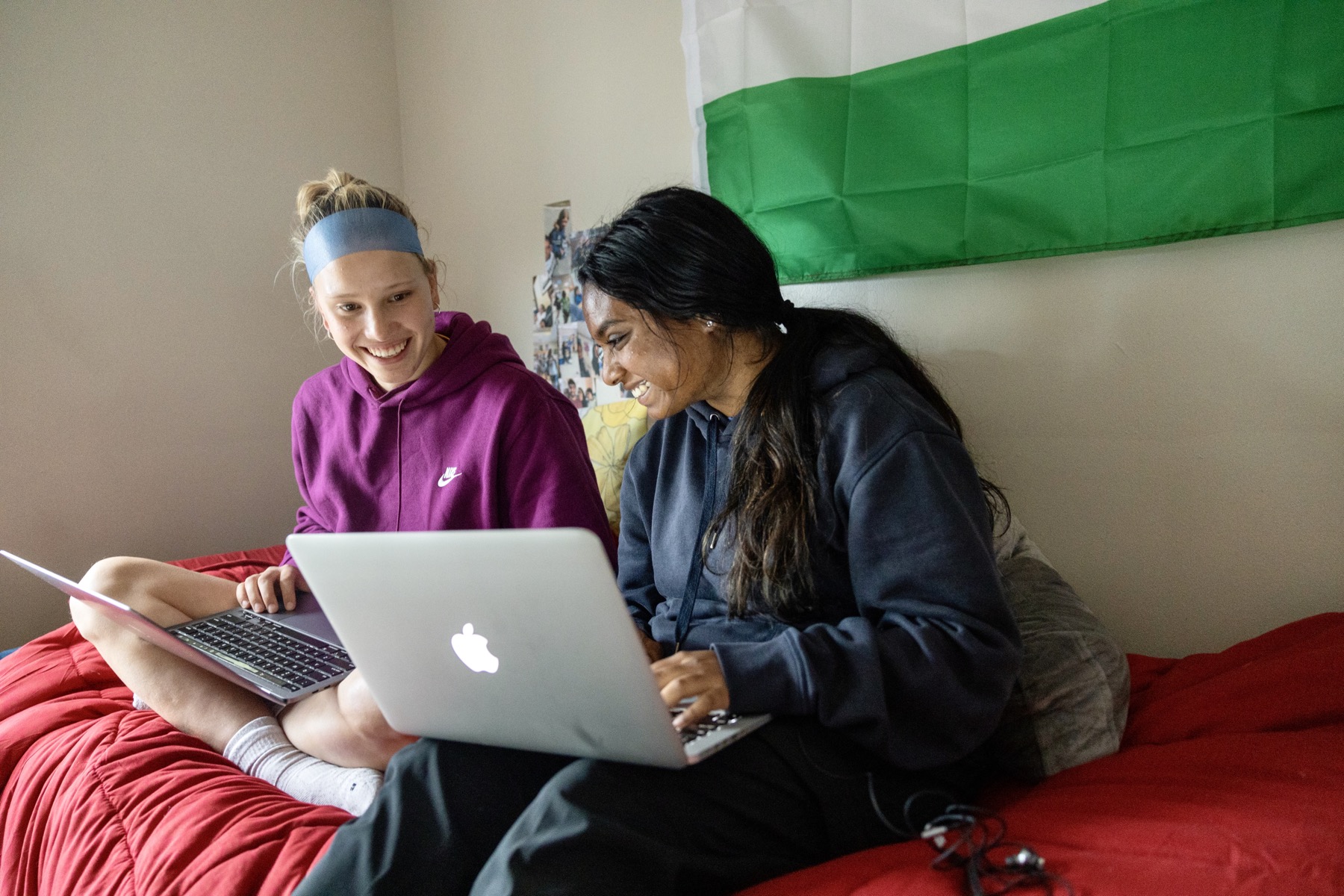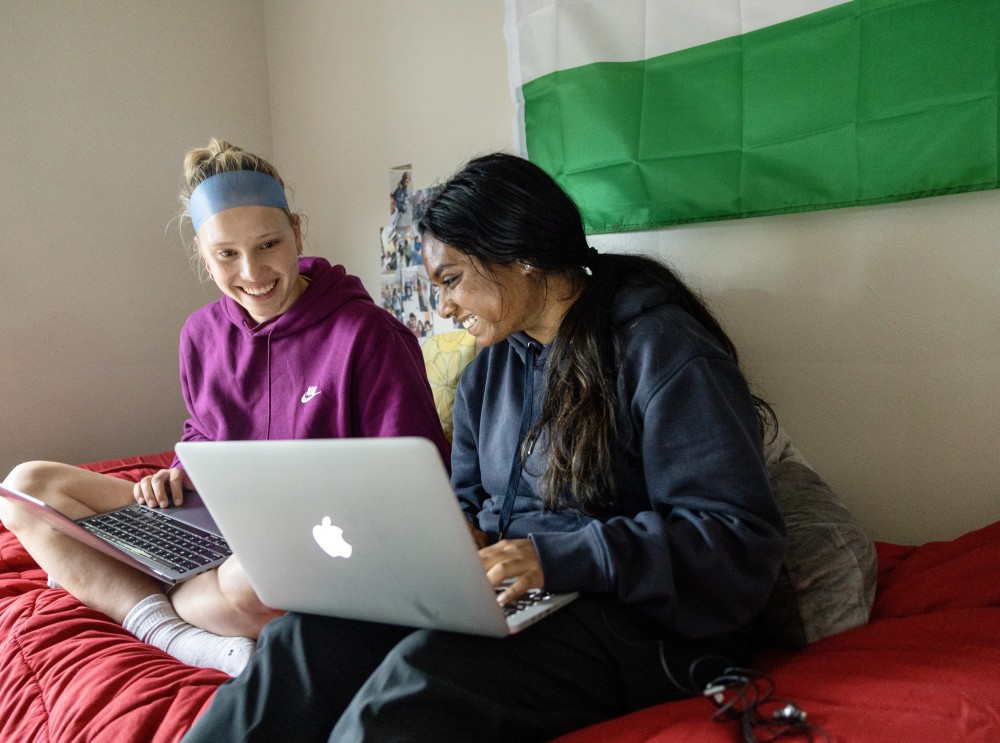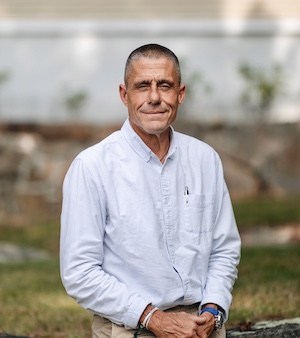- Our School
- Our Advantage
- Admission
- Elementary•Middle School
- High School
- Summer
- Giving
- Parent Resources
- For Educators
- Alumni
« Back
Our Responsibility to Students in International Schools
May 10th, 2022

I have been an educator in international schools for nearly 25 years and have lived and worked in Venezuela, Ghana, Hong Kong, Morocco, Thailand, and soon will be re-locating to an American-International school in Brazil. For the past few years, I have spent my teaching career at Landmark School on Boston’s Northshore. The work has been demanding, especially through COVID, but enlightening, and has given me a new perspective on the importance of a much-needed skillset for teachers working in international schools.
Growing Learning Demands for International Schools
There are about 12,853 schools, 5.73 million students, and 557,723 faculty/staff in international schools throughout the world (ISC Research Oxfordshire, UK, January 2022). While these schools are successful in meeting the needs of their mainstream learners, the demographics and parental expectations have changed significantly in recent years. Testing and assessment screenings have dramatically improved, thus more students are being identified with dyslexia and other specific learning disabilities (SLD). As a result, international schools are being asked to accept an increasing number of students with diverse learning needs, and many of these schools and educators are unprepared for these new demands. This, in turn, can pose a real and significant dilemma for parents that are relocating to a new country for professional or other reasons.
Meeting the Needs of All Learners
In August 2020, ISC Research published its latest report on inclusion in international schools. The research, in collaboration with Next Frontier Inclusion (NFI) surveyed international schools just before the COVID-19 pandemic. Over 80% of the schools surveyed said they have a high incidence of students within one or more of the following categories: high functioning autism spectrum disorder, ADHD and/or executive functioning issues, disabilities of speech, language, or communication, and disabilities of reading, writing, or numeracy. (“Are international schools becoming more inclusive?”, Anne Keeling, ISC Research, 11 Dec. 2020)
Most international schools now ascribe to diversity, equity, and inclusion practices and have broadened their mission statements and admissions practices to welcome students that learn differently. As a result, there has been a corresponding need for highly qualified special needs teachers and in-house professional development training. Ochan Kusuma-Powell of NFI, who led the research analysis cited, said that “regardless of a school’s admissions policies, students with learning needs will surface, and schools have a responsibility to support their learning.” One of the questions in this study asked international school leaders what type of professional learning they would find most beneficial. Their responses indicated that specific pedagogical instruction and strategies focused on an inclusive and individualized model are critical, and are currently in high demand.
Addressing the Problem
Two actionable paths for parents and educators to proactively address the challenge of how international education can meet the needs of their diverse learners are 1) finding more appropriate school placements for students with learning differences and 2) better training for teachers.
The Benefit of a Boarding School
For those families open to schools with boarding programs, there are several schools, like Landmark, that offer a highly specialized program for students in grades 2 - 12 with dyslexia and other SLDs. Their High School boarding program serves students from around the globe, where they can benefit from a college preparatory academic and residential program dedicated to their learning style and needs. 100% of students are accepted to college and 94% choose to attend. Purposefully designed schools, such as this, meet students where they are and provide an environment where the social stigma of learning differently is entirely absent.
Training for Teachers
International schools could greatly benefit from offering more professional learning opportunities for their educators through online courses where time zones and accessibility are no longer an obstacle. Landmark’s Outreach Program offers a full complement of courses developed and taught by their veteran teachers explicitly designed for educators from Azerbaijan to Zimbabwe. Through these courses, international educators are better able to develop the strategies and skills needed to support their students with learning disabilities, such as dyslexia.
Additionally, organizations like NFI and The Principal's Training Center (PTC) provide consultant services and excellent teacher training programs for international schools, both in-house during the school year and through summer programming.
The growing demands on international schools to meet the needs of diverse learners will increase in the coming years. As educators and parents, we must be prepared to meet these needs and help our students grow and thrive in an increasingly complex world.
Author
Doug Musco is currently teaching at Landmark School and will be taking on the role of Secondary School Principal of the American School of Recife, Brazil. Doug and his wife Phyllis embarked on their international school careers as young teachers in Caracas, Venezuela, and truly enjoyed living the best of all worlds—working in excellent schools and living in and exploring different cultures. His two daughters were born in Venezuela and Morocco respectively and enjoyed the adventures and experiences of being raised as third-culture kids. His oldest lives and works in Madrid, Spain, and his baby is a sophomore at Coastal Carolina University in South Carolina. He feels incredibly fortunate to have landed at Landmark and has a new and deep understanding of students that learn differently, and the critical role educators play in their lives.
Posted in the category Learning.























